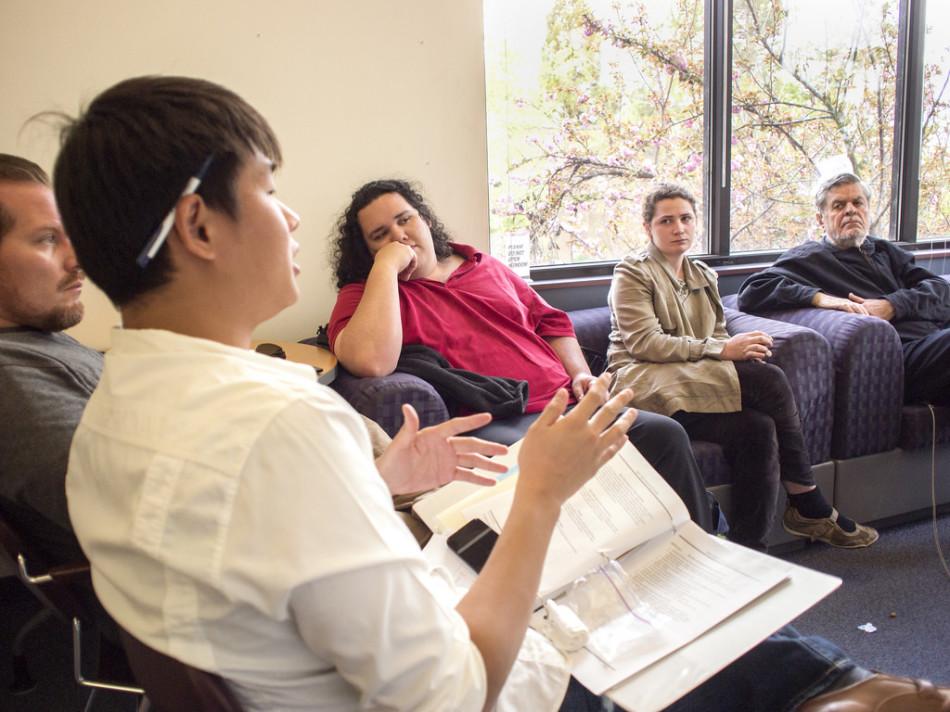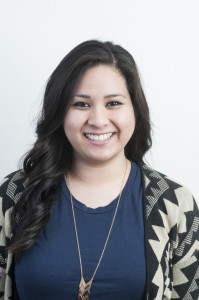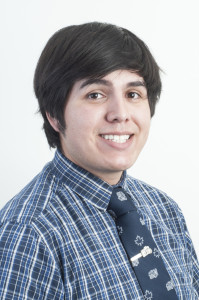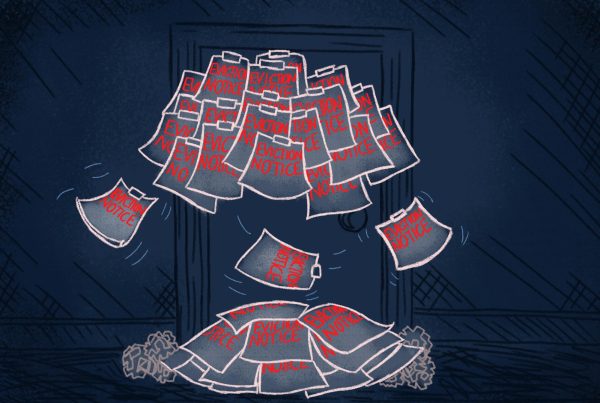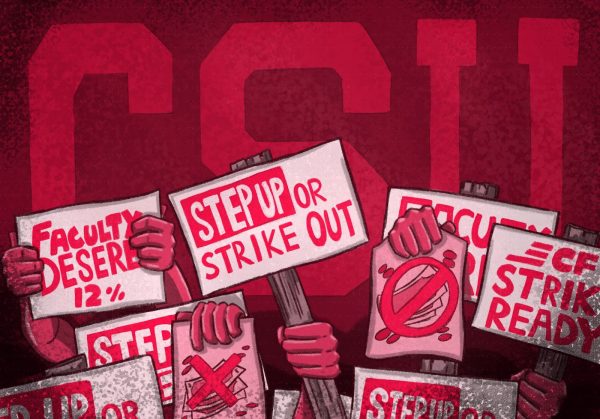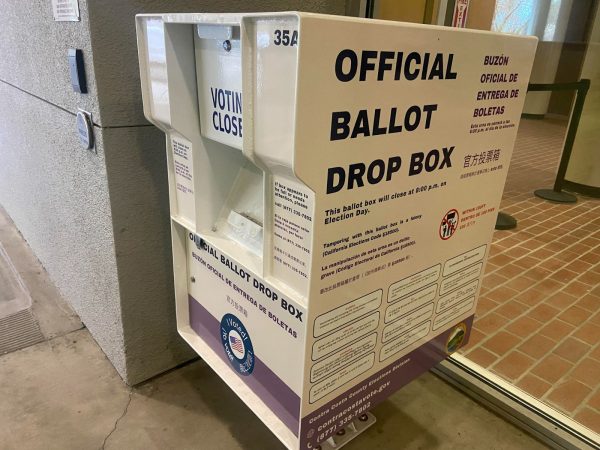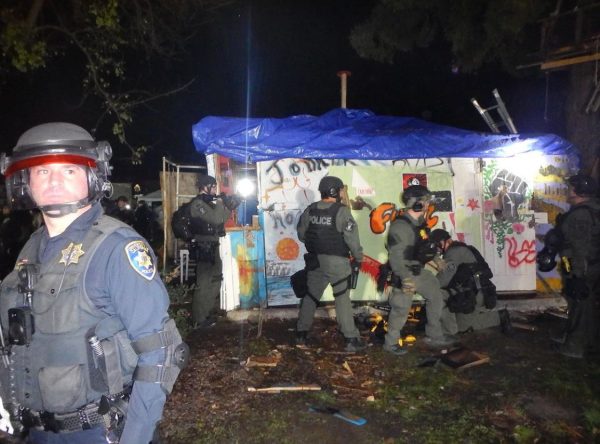Investigation is underway for Model United Nations
Left to right: ASDVC president, Sam Park, along with Keith Montes, John Michealson, Elizabeth Nash, and Dr. Arain in the commission of judicial review for the club Model UN at Diablo Valley College on Thursday, Mar. 25, 2014.
April 2, 2014
DVC’s Model United Nations club is being investigated by a commission of the Associated Students of DVC after complaints about the way the club has been run.
Complaints have revolved around official meetings being held off campus and the accuracy of data submitted to the Inter-Club Council in persuading it to help fund their UCLA conference trip in April.
Current Secretary General Keenan Nilson and Under-Secretary General Allan Kew, who is also a staff member of The Inquirer, have been the focus of the investigation — as they hold leadership roles for the club.
The commission gave Nilson and Kew contracts on March 24, that outlined the concerns about the club and the decision making process, including conducting announced public meetings in which the adviser is in attendance, and that the meetings are announced and open to all.
Both acknowledged, agreed and signed the letter.
Since the commission can only remind and recommend changes, they’ll continue their investigation to be sure the officers follow through with the agreements.
The initial complaint began when former MUN secretary general, the club’s version of a president, Elizabeth Nash filed complaints with the commission.
At the public meeting of the ASDVC’s Commission of Judicial Review on March 25, Nash explained that she is concerned for “the future of the club.”
She felt as though there is no room for people to express their opinions without being shut down and wants to limit actions that have been harmful to the club.
“I went to the judicial review because I was concerned about the way some of the projects were being handled and feared further action could lead to problems in the future,” Nash said in an email response to Inquirer questions. “My aim was to prevent such actions from continuing and thus protect the long-term interests of the club. I mentioned those officers because they were the only officers I saw handling projects in such a manner and was hoping to stress to the commission that everything was still running smoothly with the other officers and the club as a whole.”
According to Nilson, he was unaware of certain rules, such as posting meetings in advance at the Student Union Building. He also admits he almost forgot to hold elections in March, but after recommendations from the commission, he proceeded to do so on March 25.
According to Neema Monfared, chairman of the Commission of Judicial Review, the accusations had outlined Nilson submitting a false report or changing the numbers to help make the case for funding the trip, but the commission found that the accusation was false.
In regards to decisions being made at unofficial meetings, Nilson feels as though the club couldn’t function with only a half hour’s worth of time with other officers before their general meeting on Tuesdays. He does admit that they did meet up, talk and eat.
Kew agreed with Nilson’s explanation for the meetings and is adamant that only discussions about club policies and the legality of certain issues were talked about; nothing was ever decided upon. These meetings were just more more flexible for officers to attend, he said.
“They are serious allegations, certainly, and obviously, if someone is purposefully trying to misuse funds for something else, that should be investigated,” he said. “But the simple discussion of the legality of whether to do something for funding, in my opinion, doesn’t constitute the massive investigation that we’ve had because it was only a discussion about how to do things and nothing was ever enacted. And this individual is using this information to get back at us.”
According to Monfared, who is also a member of MUN, Nash’s resignation stemmed from the lack of confidence other officers had in her ability to lead the club.
In attempts to fill new positions in the club, MUN held new elections in February. Nilson and Monfared both ran for secretary general, and Nilson won by three votes.
Monfared explained that during this investigation, he and the committee were cautious of a potential conflict of interest, but insists that they wanted to give a fair and honorable trial.
“I’m fairly confident we did a good job in that we only dealt with fact and not opinions of the matter,” he said.
According to Monfared, the Commission of Judicial Review is an ad hoc advisory committee that was formed last semester by the ASDVC executive board. They were formed as “a judicial body to be impartial and to keep tabs on basically ASDVC, ICC and the clubs; to have an independent body of these organizations.”
They make sure that certain rules are followed. For example. the ASDVC, DVC and district policy, as well as the ICC code, and California law, must all be followed through.
“When one of these three things, either the clubs, or the ASDVC or the ICC kind of go astray from that, it’s our job to remind and recommend how to get back on course,” Monfared said.
However, Nilson feels like this new system could be flawed, and he pointed out the conflicts of interest in the investigation.
“I’m trying to do the best I can with the limited power and information I have and people are trying to use these rules that have never ever been enforced,” he said.
Nilson stressed that his intentions were in the best interest for the club.
“I really was trying to do the best for the club… with the limited amount of time… usually people get one year, and I only got three months to fix and to reverse everything,” he said.
The club website describes DVC’s MUN as a group that “simulates the United Nations system by learning about the procedures and purpose of the UN and fostering the skills of debate, compromise, conflict resolution and negotiation.”





































































